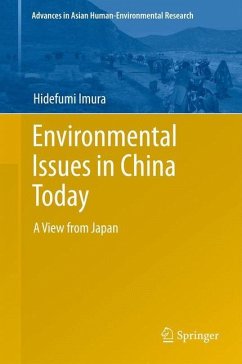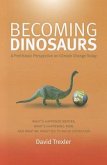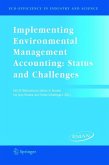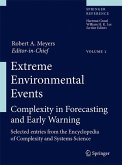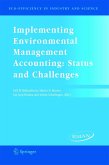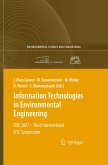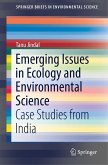Economic development and environmental issues in China are attracting more and more attention internationally as the country's large population and vast demands for food, energy, water, minerals, and other resources play an increasingly important role in deciding the fate of the world. There is great interest in learning more about environmental issues in China, but it is not easy to obtain accurate, relevant information because the issues are diverse and are complex phenomena resulting from the interconnections among natural resource constraints and political, social, and institutional systems. This book originally was published in Japanese with the aim of providing Japanese readers with a holistic picture of what was taking place in China with respect to its air, water, energy, and land. The author then prepared an English edition of the same material to use as a book of readings for the Global Environmental Leaders Program at Nagoya University, where he taught many students from Asia and Europe. The book covers the most important environmental issues in China-climatic change, water, air, energy, and resources-together with ongoing policy responses, based on the author's active involvement in a number of study projects and international cooperation projects in that country. This volume will help readers to understand the causes and results of environmental problems in China and will encourage them to think more deeply about the environmental implications of the country's rapid economic growth.

